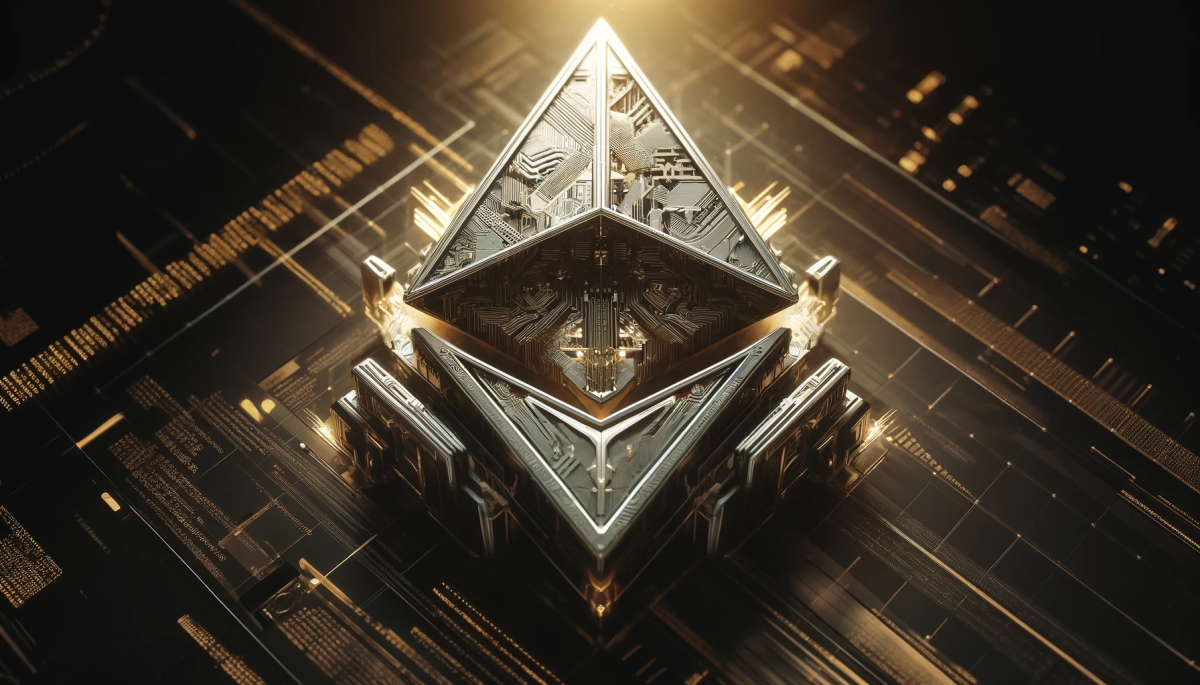Artificial Intelligence (AI) and blockchain technology are rapidly transforming the healthcare industry by improving data security, enhancing patient care, and reducing costs. This article explores the synergistic potential of these technologies in revolutionizing healthcare.
Points
- AI enhances diagnostic accuracy and personalized treatment plans.
- Blockchain ensures data security and integrity in healthcare records.
- Integration of AI and blockchain improves efficiency and reduces operational costs.
Artificial Intelligence (AI) and blockchain technology are rapidly transforming the healthcare industry. By improving data security, enhancing patient care, and reducing costs, these technologies are poised to revolutionize how healthcare is delivered.
AI Enhances Diagnostic Accuracy and Personalized Treatment Plans
AI systems can analyze vast amounts of medical data to assist doctors in diagnosing diseases more accurately and quickly. Machine learning algorithms can identify patterns that may be missed by the human eye, leading to early detection of conditions like cancer, diabetes, and cardiovascular diseases. AI-driven tools also enable the development of personalized treatment plans by considering individual patient data, including genetic information and medical history.
For instance, IBM Watson Health uses AI to process large volumes of health data and provide insights that help healthcare providers make more informed decisions. AI-powered predictive analytics can forecast patient outcomes and suggest proactive measures, enhancing the overall quality of care.
Blockchain Ensures Data Security and Integrity
Blockchain technology ensures the security and integrity of healthcare records by providing a decentralized and tamper-proof system for data storage. Each transaction is recorded in a block and linked to the previous one, creating an immutable chain of records. This makes it nearly impossible to alter data without detection, ensuring that patient records remain accurate and secure.
Moreover, blockchain facilitates interoperability among different healthcare systems by providing a unified platform for data exchange. This ensures that patient information can be securely shared across various healthcare providers, improving continuity of care and reducing the risk of errors.
An example of blockchain application in healthcare is the partnership between IBM and the US Food and Drug Administration (FDA) to develop a secure, scalable, and efficient health data exchange system using blockchain technology.
Integration of AI and Blockchain Improves Efficiency and Reduces Costs
The integration of AI and blockchain in healthcare has the potential to streamline operations, reduce administrative burdens, and lower costs. AI can automate routine tasks such as data entry, billing, and scheduling, allowing healthcare professionals to focus more on patient care. Blockchain ensures that these automated processes are secure and transparent, reducing the likelihood of fraud and errors.
Additionally, AI can enhance clinical trials by identifying suitable candidates and predicting potential outcomes, while blockchain can ensure the integrity of trial data. This combination accelerates the research process and brings new treatments to market faster.
For example, the Melanoma Institute Australia uses AI and blockchain to improve the efficiency of clinical trials by ensuring the secure and accurate collection of patient data, leading to faster and more reliable results.
Conclusion
AI and blockchain are revolutionizing healthcare by enhancing diagnostic accuracy, ensuring data security, and improving operational efficiency. The synergy between these technologies holds the promise of transforming the healthcare landscape, making it more secure, efficient, and patient-centric. As AI and blockchain continue to evolve, their impact on healthcare will only grow, paving the way for a new era of medical innovation.
解説
- AI improves diagnostic accuracy
